Uncategorized
-
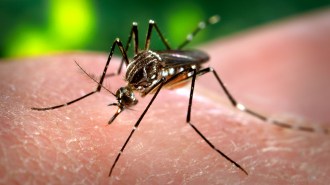 Animals
Animals50 years ago, scientists were genetically modifying mosquitoes
In 1971, scientists turned to genetics to control disease-spreading mosquitoes without DDT. Today, there are a variety of pesticide-free methods.
-
 Health & Medicine
Health & MedicineCOVID-19 testing is complicated right now. Here are answers to 6 big questions
There are two major categories of COVID-19 diagnostic tests. Here’s what you need to know when deciding whether to take an at-home test or head to the doctor.
-
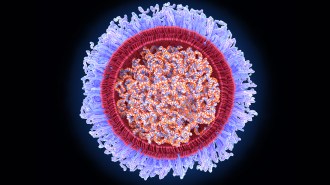 Health & Medicine
Health & MedicineThese are the viruses that mRNA vaccines may take on next
Now that mRNA vaccines have proved effective against the coronavirus, scientists are taking aim at influenza, HIV and other viruses.
-
 Health & Medicine
Health & MedicineThe CDC recommends mRNA COVID-19 vaccines over J&J’s, citing fewer risks
Pfizer’s and Moderna's vaccines are more effective and cause fewer serious side effects than Johnson & Johnson’s jab, new data show.
-
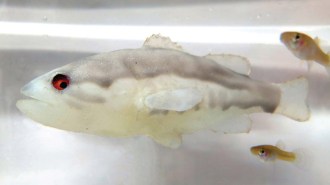 Life
LifeA terrifying robot can thwart invasive mosquito fish
A robot designed to mimic a natural predator of mosquito fish can impair the survival and reproduction of this costly invasive species.
-
 Health & Medicine
Health & MedicineWhy it matters that health agencies finally said the coronavirus is airborne
Recognizing that the coronavirus spreads through the air reinforced the importance of wearing masks and altered public health recommendations.
-
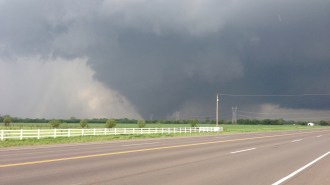 Climate
ClimateHow a warming climate may make winter tornadoes stronger
A climate simulation suggests that higher winter temperatures could make twisters more powerful.
-
 Health & Medicine
Health & MedicineWhy the coronavirus’s delta variant dominated 2021
Mapping delta’s unique group of mutations and how they enhance the virus’s life cycle show why the variant spread so easily and caused so much havoc.
-
 Astronomy
AstronomyThe Parker Solar Probe is the first spacecraft to visit the sun’s atmosphere
NASA’s Parker Solar Probe crossed a boundary between the sun’s atmosphere and interplanetary space that has been predicted for decades but never observed.
-
 Archaeology
ArchaeologyNeandertals were the first hominids to turn forest into grassland 125,000 years ago
Neandertals’ campfires, hunting and other activities altered the land over 2,000 years, making them the first known hominids to impact their environs.
By Bruce Bower -
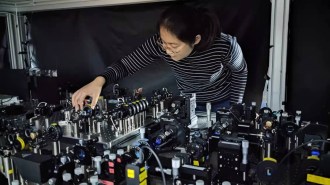 Quantum Physics
Quantum PhysicsQuantum physics requires imaginary numbers to explain reality
Quantum theory based only on real numbers fails to explain the results of two new experiments.
-
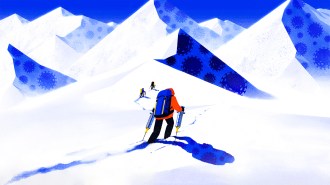 Health & Medicine
Health & MedicineIn 2021, COVID-19 vaccines were put to the test. Here’s what we learned
Vaccines can’t single-handedly end the pandemic, but they are still essential in the fight against the coronavirus.